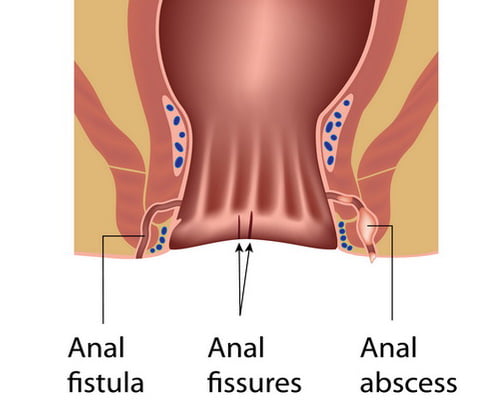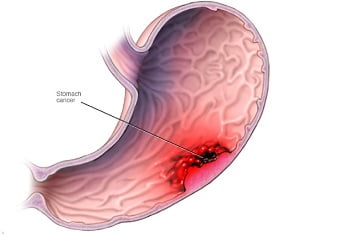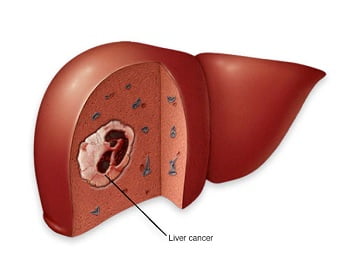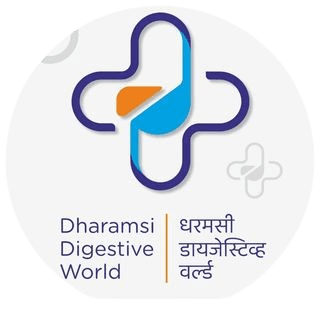Anal fissure, All gastro-intestinal and liver cancers

Treatments
Anal Fissure
An anal fissure is a small tear or crack in the lining of the anus, which can cause pain, bleeding, and discomfort during bowel movements. These fissures typically occur due to trauma to the anal canal, often caused by passing hard or large stools, chronic diarrhea, or straining during bowel movements. Other factors contributing to anal fissures include anal trauma, childbirth, anal intercourse, and conditions such as Crohn's disease or inflammatory bowel disease.

Symptoms
Pain during bowel movements
Bright red blood on toilet paper or in the toilet bowl
Itching or irritation in the anal area
A visible tear or crack in the skin around the anus

Treatment
Dietary modifications to soften stools and prevent constipation
Sitz baths to soothe the anal area and promote healing
Topical medications or ointments to relieve pain and inflammation
Botulinum toxin injections or surgical procedures to relax the anal sphincter muscles and promote healing in chronic cases.

Treatments
Gastrointestinal Cancers
An anal fissure is a small tear or crack in the lining of the anus, which can cause pain, bleeding, and discomfort during bowel movements. These fissures typically occur due to trauma to the anal canal, often caused by passing hard or large stools, chronic diarrhea, or straining during bowel movements. Other factors contributing to anal fissures include anal trauma, childbirth, anal intercourse, and conditions such as Crohn's disease or inflammatory bowel disease.
Types of GI Cancers
Esophageal Cancer
Cancer of the esophagus, often associated with chronic irritation from smoking, alcohol consumption, or gastroesophageal reflux disease (GERD).
Stomach Cancer (Gastric Cancer)
Cancer of the stomach lining, commonly associated with Helicobacter pylori infection, smoking, diet high in processed foods, and genetic factors.
Colorectal Cancer
Cancer of the colon or rectum, often developing from precancerous polyps in the colon or rectum. Risk factors include age, family history, diet high in red and processed meats, obesity, and inflammatory bowel disease.
Liver Cancer
Primary liver cancer (hepatocellular carcinoma) typically develops in individuals with chronic liver disease or cirrhosis due to hepatitis B or C infection, excessive alcohol consumption, fatty liver disease, or exposure to toxins.
Pancreatic Cancer
Cancer of the pancreas, often diagnosed at an advanced stage due to nonspecific symptoms. Risk factors include smoking, obesity, chronic pancreatitis, family history, and certain genetic syndromes.

Symptoms and Diagnosis
Symptoms vary depending on the location and stage of the cancer but may include abdominal pain, unexplained weight loss, changes in bowel habits, jaundice, difficulty swallowing, and gastrointestinal bleeding.
Diagnosis typically involves imaging tests (CT scan, MRI, PET scan), endoscopic procedures (colonoscopy, upper endoscopy), and biopsy to confirm the presence of cancer and determine its stage.

Treatment
Treatment options for GI cancers may include surgery, chemotherapy, radiation therapy, targeted therapy, immunotherapy, and palliative care, depending on the type and stage of cancer.
Treatment goals may include curative intent (removing the cancer), palliation (relieving symptoms and improving quality of life), or a combination of both.

Treatments
Liver Cancer
Liver cancer, also known as hepatocellular carcinoma (HCC), is a type of cancer that originates in the liver cells. It is the sixth most common cancer and the fourth leading cause of cancer-related deaths worldwide. Liver cancer can develop from chronic liver disease or cirrhosis, often associated with risk factors such as chronic hepatitis B or C infection, excessive alcohol consumption, fatty liver disease, obesity, exposure to toxins, and certain genetic conditions.

Symptoms and Diagnosis
Symptoms of liver cancer may include abdominal pain or discomfort, unexplained weight loss, fatigue, jaundice (yellowing of the skin and eyes), abdominal swelling (ascites), and nausea or vomiting.
Diagnosis typically involves imaging tests (CT scan, MRI, ultrasound), blood tests (alpha-fetoprotein levels), and biopsy to confirm the presence of liver cancer and determine its stage.

Treatment
Treatment options for liver cancer depend on the stage of the cancer, the extent of liver damage, and the patient's overall health.
Treatment modalities may include surgery (resection or liver transplant), local ablation therapies (radiofrequency ablation, microwave ablation), transcatheter arterial chemoembolization (TACE), targeted therapy, immunotherapy, and palliative care to relieve symptoms and improve quality of life.

